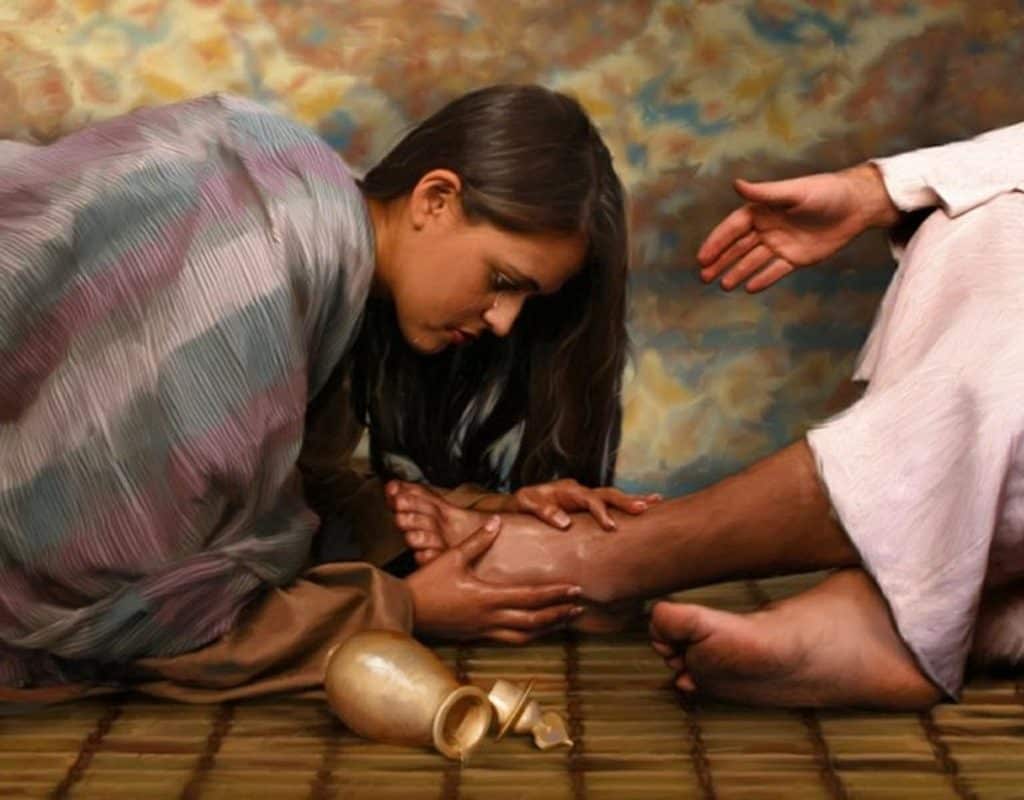Jennifer Ristine, in her latest book, ‘Mary Magdalene: Reflections from Ancient Magdala,’ reexamines the prevailing perception of Mary Magdalene, the enigmatic woman referred to in the gospels. The comprehensive research conducted in ancient Magdala, Mary Magdalene’s homeland, provides fresh perspectives on this biblical personality.
The findings from Magdala underpin Ristine’s hypothesis: Mary Magdalene was not a prostitute, nor was she impoverished
Ristine’s diligent four-year research in Magdala, an ancient city by the Sea of Galilee known as Mary Magdalene’s birthplace, culminates in this book, set to be published in English on July 22.
The Mirror of the Past: Reflections from Ancient Magdala
Recent archaeological excavations in the ancient city of Magdala have unearthed clues about the potential lifestyle of Mary Magdalene. As Ristine posits,
“Given her place of residence, it’s reasonable to infer that Mary Magdalene was financially secure, far from the life of poverty.”
This assumption finds some support in the Gospel of Luke. Chapter eight references women who financially supported Jesus “from their resources,” mentioning Mary Magdalene “from whom seven demons had gone out.” However, the passage doesn’t specify the extent of these resources.
Ristine elaborates:
“Modern society often equates prostitution with destitute women on the streets. Yet, this perspective doesn’t fit Mary Magdalene who, with her personal means, backed the disciples alongside other women.”
Mary Magdalene: From ‘Sinner’ to Spiritual Guide – The Birth of a Misconception
Ristine highlights that Mary Magdalene’s reputation as a prostitute stems from Pope Gregory the Great’s 33rd homily, delivered in the 6th century, where he depicted her as a “sinful woman.”
The Church Fathers also portrayed her as a sinful woman, redeemed by Jesus, who expelled her demons as documented in the Gospel of Luke. She then repented and devoted herself to following the Messiah.
As Ristine observes, the portrayal of Mary Magdalene as a prostitute has been solidified and reinforced throughout the centuries via art and popular culture, citing Mel Gibson’s film ‘The Passion of the Christ’ as a notable example. In this film, Mary Magdalene is conflated with the adulterous woman whom Jesus saves from stoning.
Nonetheless, Ristine discerns a growing spiritual reverence among Catholics for Mary Magdalene, stemming from her unwavering dedication to Jesus and her adherence to his teachings.
She underscores that her work doesn’t offer definitive proof about Mary Magdalene’s sexual history, and conjectures that such information may forever remain elusive.





